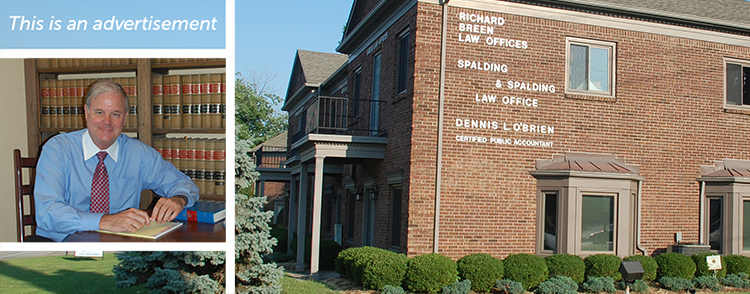Prior to 2007, if a person needed to file for bankruptcy relief, he or she almost certainly qualified for Chapter 7 relief. Back then, debtors could qualify for Chapter 7 without having to prove whether they could—at least potentially—repay a portion of their consumer debts. In 2007, Congress passed the landmark Bankruptcy Abuse Prevention and Consumer Protection Act, more commonly known as BAPCPA (codified at 11 U.S.C.S. § 707(b)). The Act marked a change in the tide of personal bankruptcy filings, and made it much more burdensome for the consumer to get approval for a Chapter 7 discharge. Now, every person filing for a Chapter 7, 11, or 13 must first measure their income through the means test, which compares the state’s median income against the income of the person filing for bankruptcy. The means test allows the court to determine whether a consumer has the obligation to repay creditors through either a three- or five-year plan or if a Chapter 7 discharge is available. In essence, BAPCPA widened the gulf between a complete discharge of debts in Chapter 7 and the repayment plans of Chapter 13.
How does this affect a person seeking to file for bankruptcy relief in Kentucky? The answer is that BAPCPA affects you in several ways:
- It requires patience: Precise record-keeping, a waiting period during the time between initial filing and final conclusion, and the three- or five-year repayment plan all point to the need for persistence and patience. Working with an experienced and compassionate Louisville bankruptcy attorney can help ease the burden of jumping through so many procedural hoops.
- It requires a greater filing fee: Post-BAPCPA, filing fees increased. If a person does not get court approval for the Chapter 7, his or her filing gets converted to a Chapter 13.
- It requires credit counseling and debtor education prior to discharge: Like a divorce involving minor children, filing in a post-BAPCPA world requires over an hour of credit financial counseling. The upside is that there may be a decreased likelihood for re-filing. The downside is that both Chapter 7 and Chapter 13 filers can expect a denial of discharge for failing to comply with this mandate.
Talking to a knowledgeable Kentucky bankruptcy attorney can help you avoid any misunderstandings and create a path to a better financial future.








Speak Your Mind